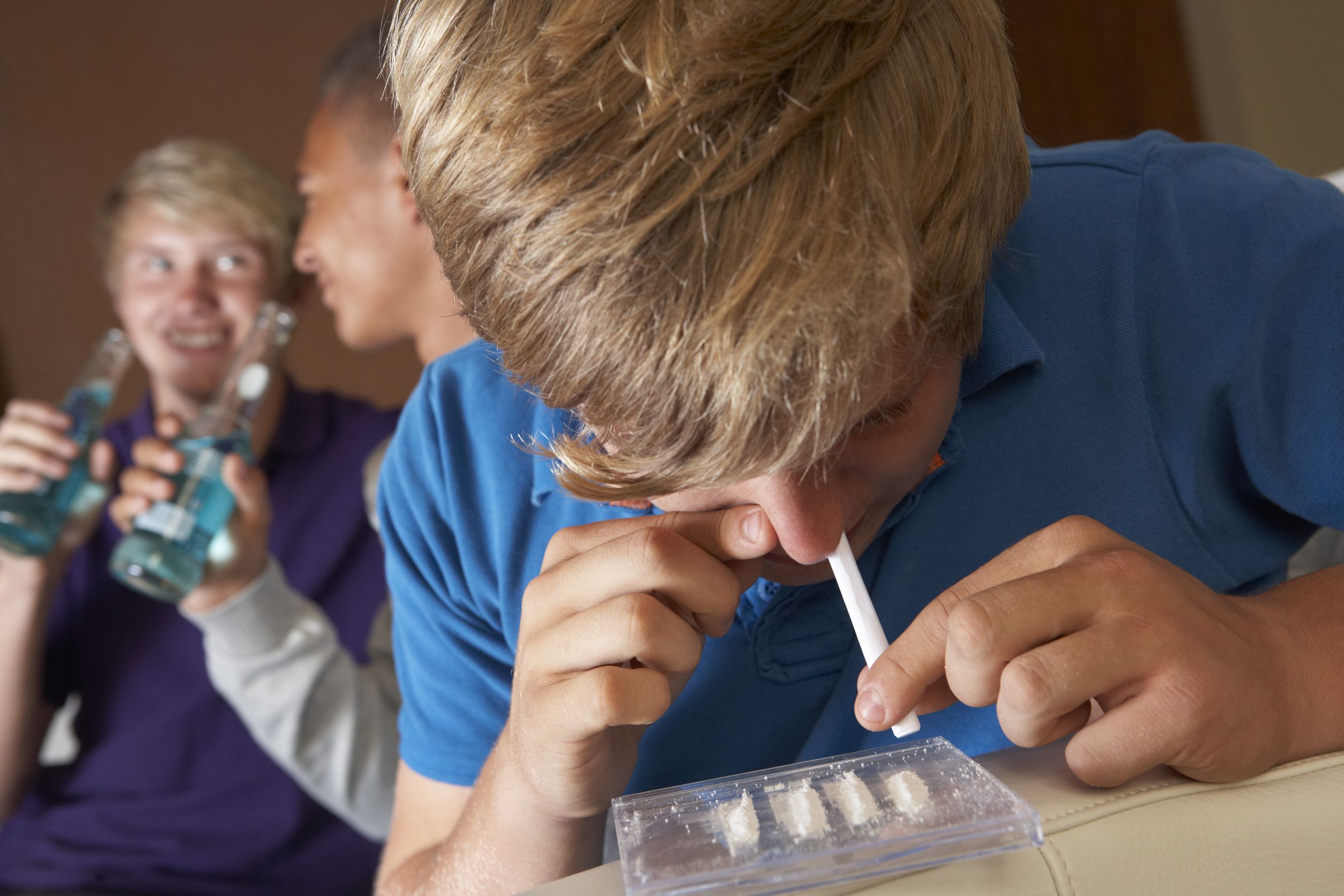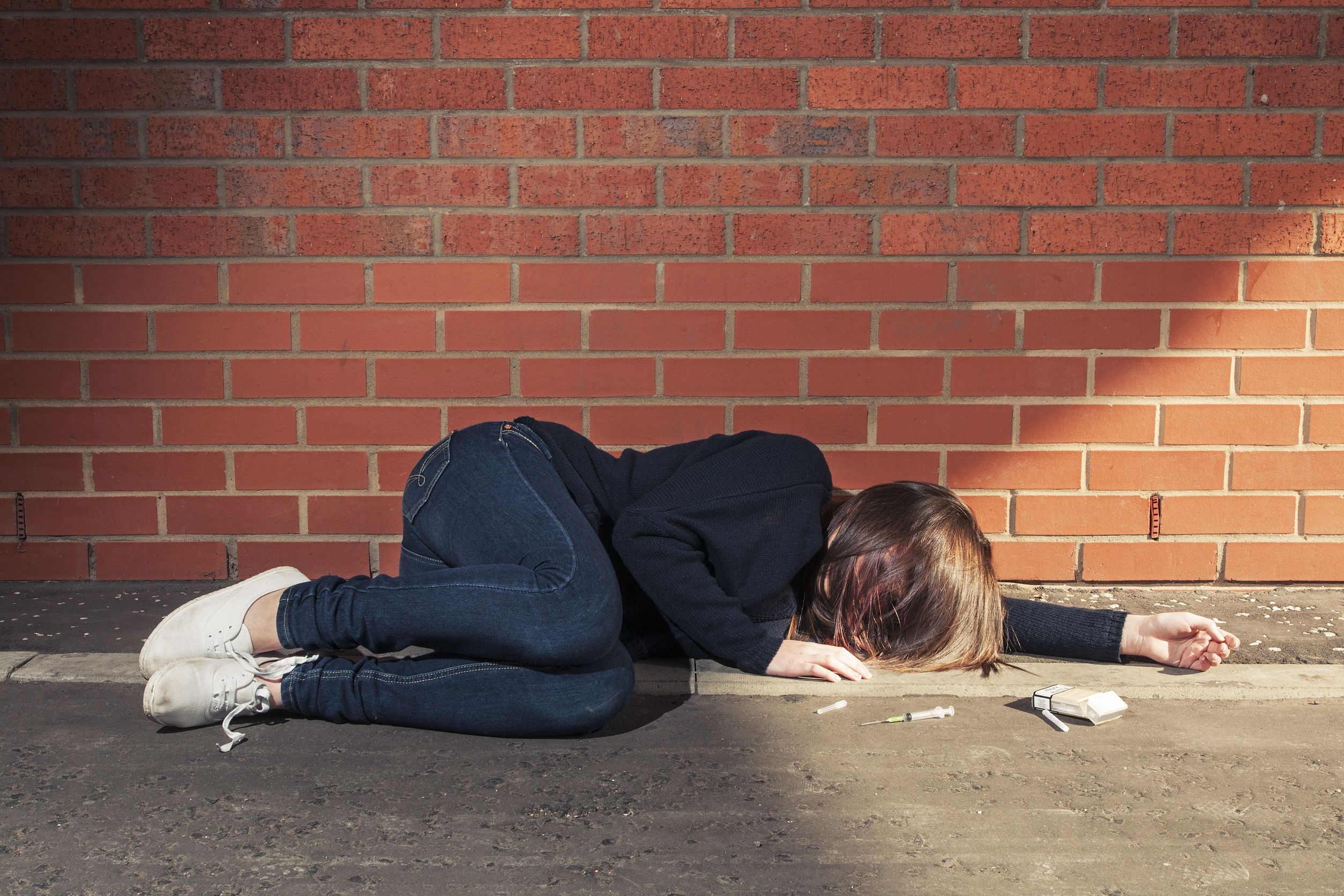Alcohol addiction affects individuals from all walks of life, but for those in the LGBTQ community, the road to recovery can be uniquely challenging. In addition to the physical effects of addiction, LGBTQ individuals often face deep emotional struggles such as shame, stigma, and discrimination. These challenges can make it harder to seek help and start the journey toward sobriety. However, LGBTQ alcohol treatment, LGBTQ alcohol recovery, and LGBTQ alcohol addiction counseling provide crucial support for those who need it.
In Los Angeles, specialized recovery programs for LGBTQ individuals have become an essential resource for those struggling with alcohol addiction. Overcoming shame and the fear of seeking help are pivotal steps in the recovery process.
The Connection Between Shame and LGBTQ Alcohol Addiction
Shame is a powerful and often overwhelming emotion that can have a significant impact on addiction. For LGBTQ individuals, shame often stems from societal rejection, family disapproval, or the internalized stigma surrounding their sexual orientation or gender identity. This internalized shame can lead to self-destructive behaviors, including substance use, as a way to cope with feelings of inadequacy or unworthiness.
For many, alcohol becomes a way to numb the emotional pain associated with shame. Unfortunately, using alcohol as a coping mechanism often leads to dependence and addiction, which compounds the emotional burden of shame. When individuals in the LGBTQ community feel that their identity is not accepted by society, they may turn to alcohol as a means of self-soothing or escaping these feelings.
How LGBTQ Alcohol Treatment Addresses Shame in Recovery
One of the most important aspects of LGBTQ alcohol treatment is creating a safe, non-judgmental environment where individuals can explore the emotional and psychological components of their addiction. In order to recover, LGBTQ individuals must first feel validated in their identity and free from the fear of being stigmatized. LGBTQ alcohol addiction counseling is specifically designed to address the intersection of substance use and the unique struggles faced by the LGBTQ community.
Through therapies like affirmative therapy, individuals are encouraged to explore and embrace their sexual orientation or gender identity in a supportive environment. Affirmative therapy works to dismantle the internalized shame that many LGBTQ individuals carry and helps them build a healthier relationship with themselves. This approach can be particularly effective in helping individuals overcome the emotional barriers that prevent them from seeking help and maintaining sobriety.
Additionally, LGBTQ alcohol addiction counseling helps individuals address the root causes of their addiction, such as trauma, mental health struggles, and feelings of isolation. By understanding the emotional drivers behind alcohol use, individuals can begin to work through these issues and find healthier coping mechanisms that support long-term recovery.
The Importance of LGBTQ Alcohol Recovery Programs
Effective LGBTQ alcohol recovery programs are designed to address not only the addiction itself but also the emotional and social challenges that often accompany it. For many individuals in the LGBTQ community, alcohol use is closely tied to mental health struggles, past trauma, and societal pressures. Recovery programs must therefore take a holistic approach, addressing both the addiction and the underlying factors that contribute to it.
In LGBTQ alcohol recovery programs, individuals receive individualized care that takes their identity, experiences, and challenges into account. These programs offer a range of services, including one-on-one counseling, group therapy, and peer support groups. Group therapy, in particular, provides individuals with the opportunity to connect with others who understand their struggles and offer mutual support.
Support groups specifically for LGBTQ individuals are an invaluable part of the recovery process. These groups foster a sense of community and reduce feelings of isolation, which are common in the LGBTQ community. Having access to a network of people who understand the unique challenges of being LGBTQ and recovering from addiction can be incredibly empowering and healing.
Overcoming the Fear of Seeking Help
For many individuals, the fear of seeking help is one of the biggest barriers to recovery. This fear is often rooted in the shame and stigma associated with addiction, as well as the worry that they will not be accepted in traditional recovery settings. LGBTQ individuals may also worry that their sexual orientation or gender identity will not be respected in treatment programs, or they may fear being judged by others.
However, LGBTQ alcohol treatment programs are designed to address these concerns by offering a safe and inclusive environment. Treatment centers that specialize in LGBTQ addiction recovery understand the importance of creating a space where individuals feel supported and respected. They also offer culturally competent care that ensures all individuals, regardless of their identity, receive the treatment they need to recover.
Taking the First Step Toward Recovery
If you or someone you love is struggling with alcohol addiction, the first step toward recovery is seeking help. Overcoming shame and the fear of seeking treatment is crucial in the recovery process. LGBTQ alcohol treatment, LGBTQ alcohol recovery, and LGBTQ alcohol addiction counseling provide the support, guidance, and resources necessary to help individuals heal and build a sober, fulfilling life.
Rainbow Hill Recovery offers specialized treatment programs for LGBTQ individuals in Los Angeles, providing a safe, affirming environment where individuals can work through addiction and mental health struggles. To learn more about LGBTQ alcohol addiction counseling and recovery programs, visit Rainbow Hill Recovery.

